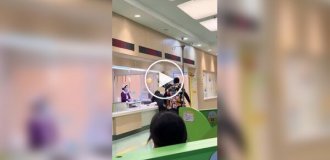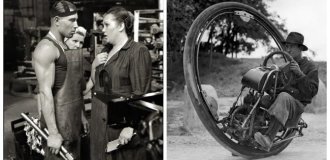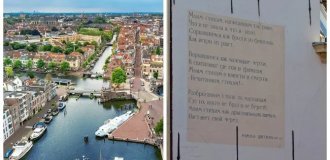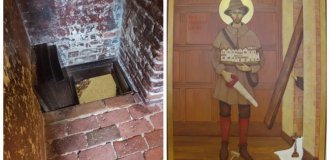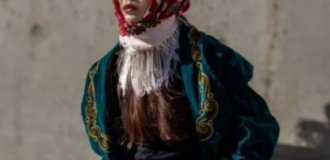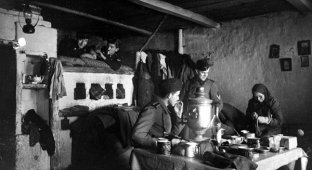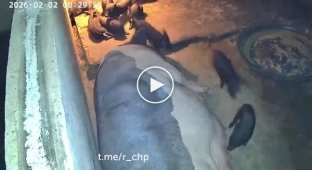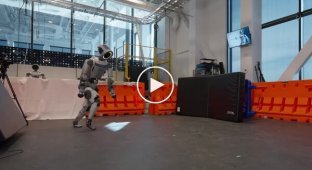Most people know what a Molotov cocktail is and exactly how it was used during World War II. At the same time, few people have even heard of such a German thing as “Blendkorper”, which was used in the German army. This device has something in common with the Soviet Molotov cocktail, although it is used completely differently.
What is it for? 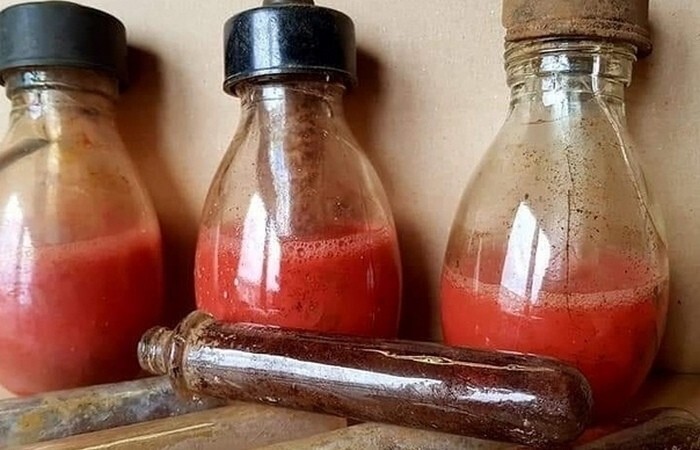
In terms of economy, before the outbreak of World War II, Germany was known as the country with the strongest chemical industry. The achievements of the Germans in this area were enormous: new types of rubber, numerous surrogates for fuel and explosives. Alas, in the 1920-1930s, all this scientific splendor was already working for the coming war. In 1942, a new piece of equipment for Wehrmacht soldiers appeared in the Reich - the Blendkorper chemical grenade. 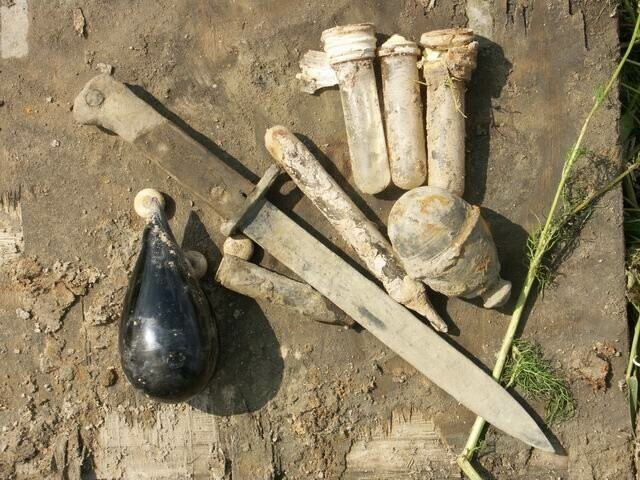
In its principle of action, Blendkorper is similar to a Molotov cocktail. The glass container contains a chemically active substance. The bottle had to be thrown into an enemy tank so that it would break and its contents would come into contact with the air, after which a chemical reaction would begin, which would cause severe smoke for 15-20 seconds. There was no need to set the Blendkorper on fire. Fragile glass containers were carried in a special grenade bag. 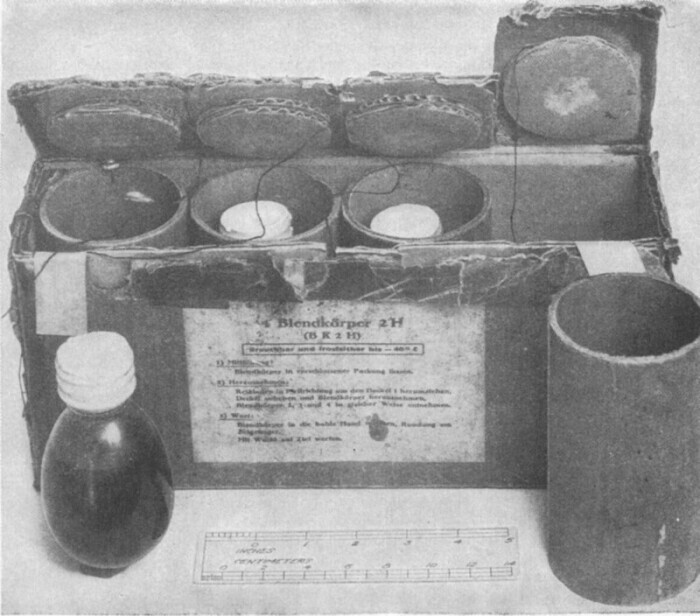
The first version of the Blendkorper smoke grenade was designated H1. However, it turned out to be not very convenient, as a result of which the Germans had to modify the chemical reagent, as well as the glass container itself. 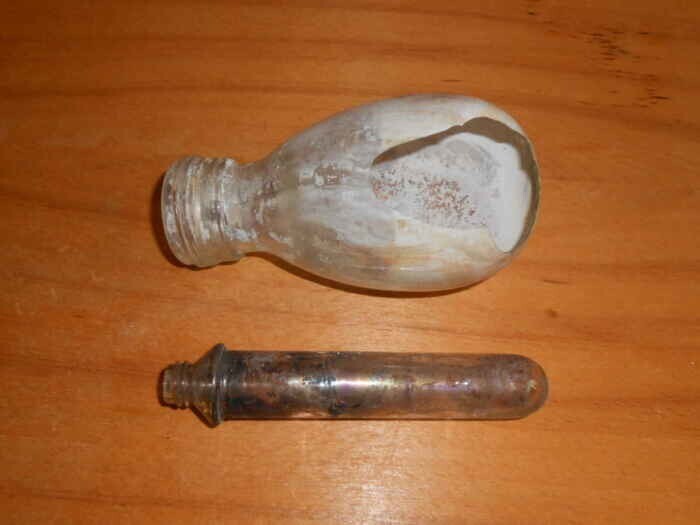
As a result, the H2 grenade appeared. They were fueled with calcium chloride, titanium tetrachloride and silicon tetrachloride. When all three liquids were mixed and came into contact with air, a smoke screen appeared, the effectiveness of which was quite comparable to conventional smoke bombs. 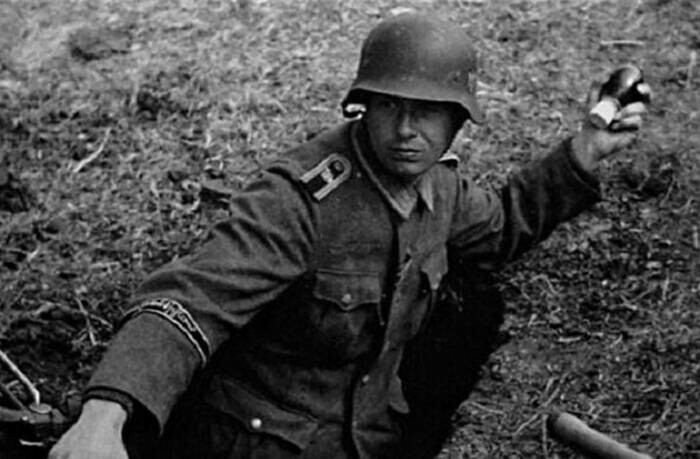
At the same time, the chemical grenades did not cause any fire, however, the smoke was very caustic and sometimes could even force the tank crew to abandon their vehicle if the bottle broke on the armor near the technical or inspection holes. 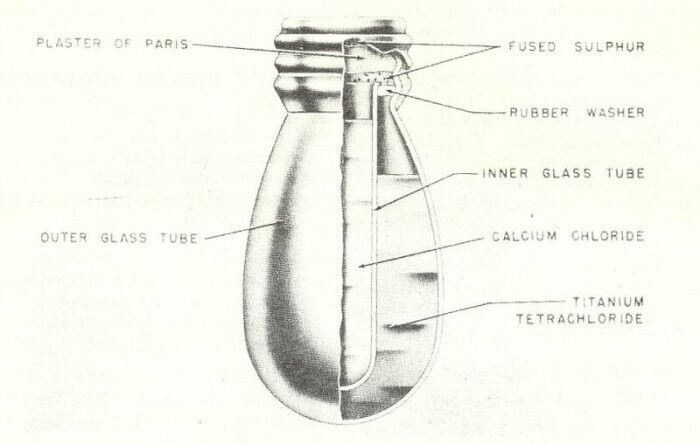
It is also interesting that the use of this particular weapon was noted not in ground battles, but in air battles. The report of the Military Chemical Directorate of the Southwestern Front dated August 1, 1943 states that pilots of the 116th, 814th and 866th Fighter Aviation Regiments encountered the use of chemical weapons by the Luftwaffe in the summer of that year. When attacking enemy bombers from the rear hemisphere, they emitted clouds of some kind of reddish aerosol. After passing through such a cloud, Soviet pilots experienced severe pain in their eyes and throat, it became difficult to breathe, and even short-term loss of consciousness occurred. In any case, the fighters were forced to stop the attack and withdraw from the battle. 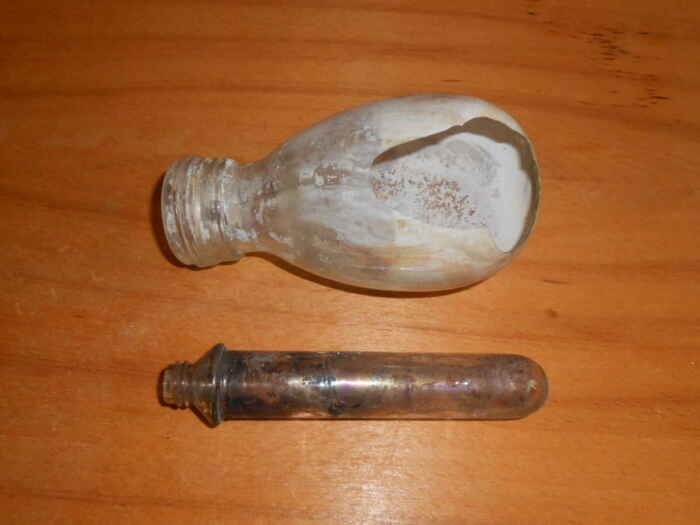
It turns out that the Germans still used toxic substances on the battlefield. This chemical smoke cannot be called anything other than a chemical warfare agent. 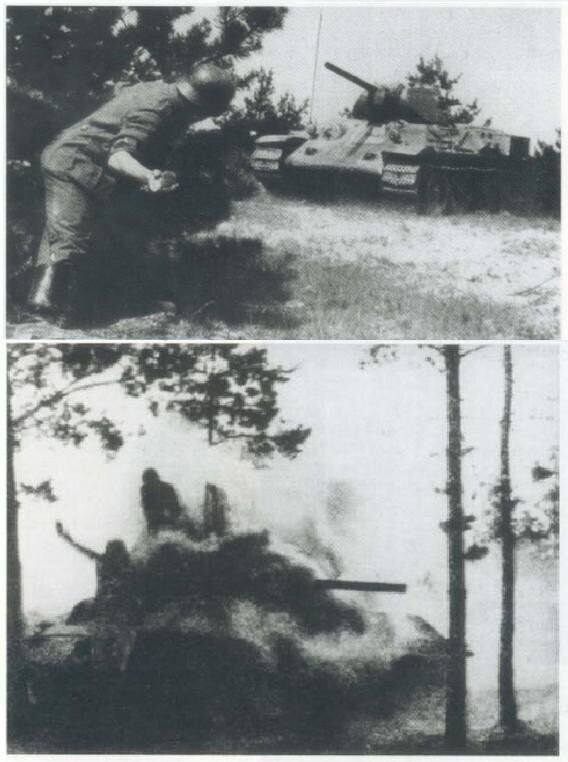
Photos from tutorials
1 comment
Add your comment
You might be interested in:



